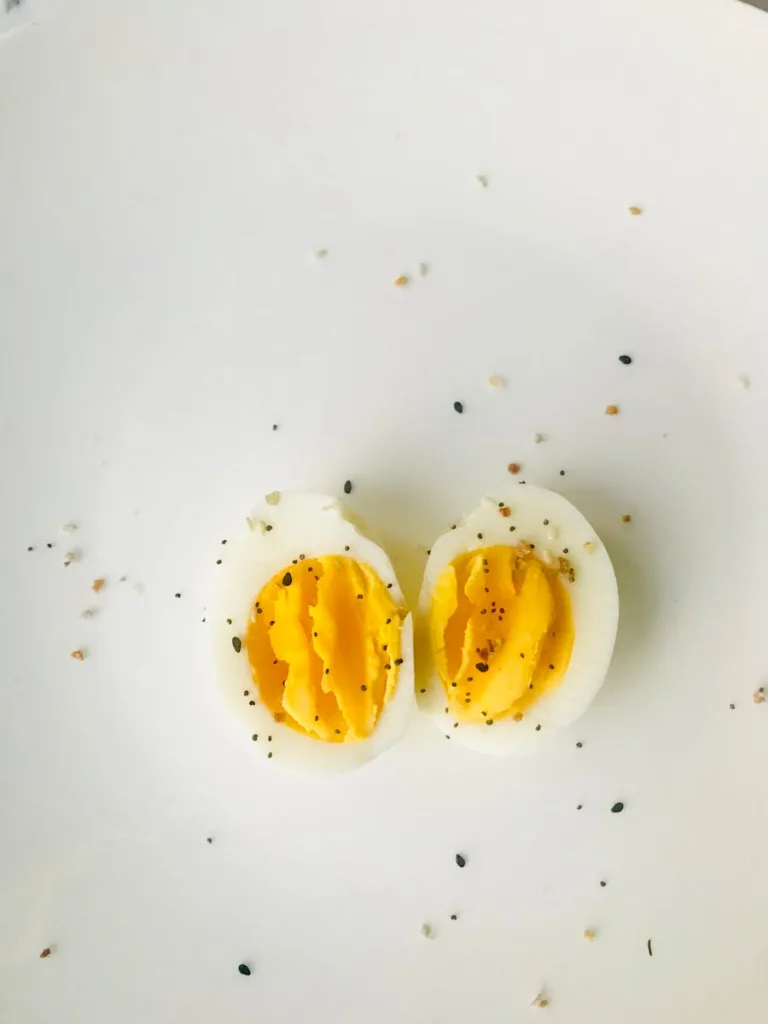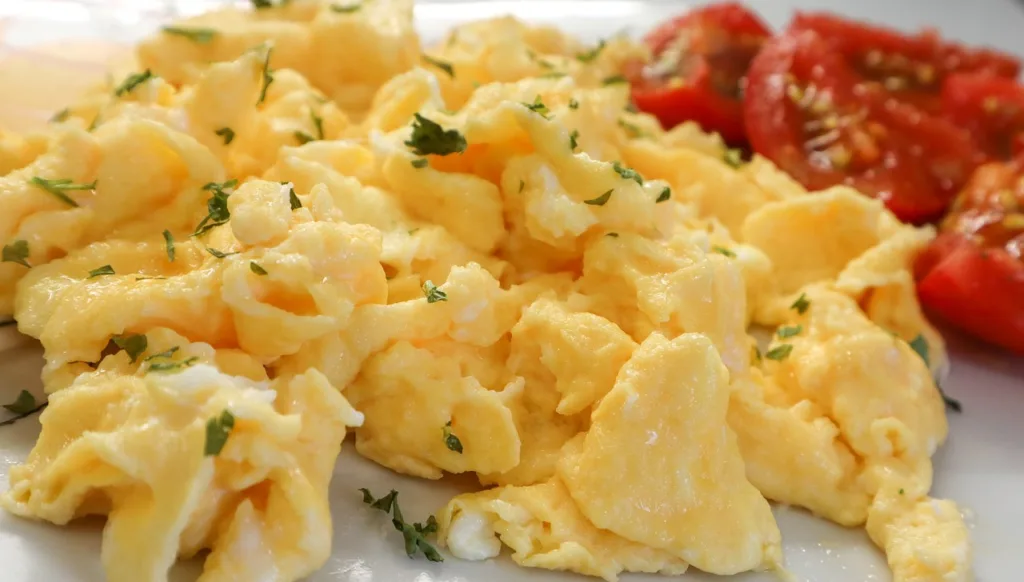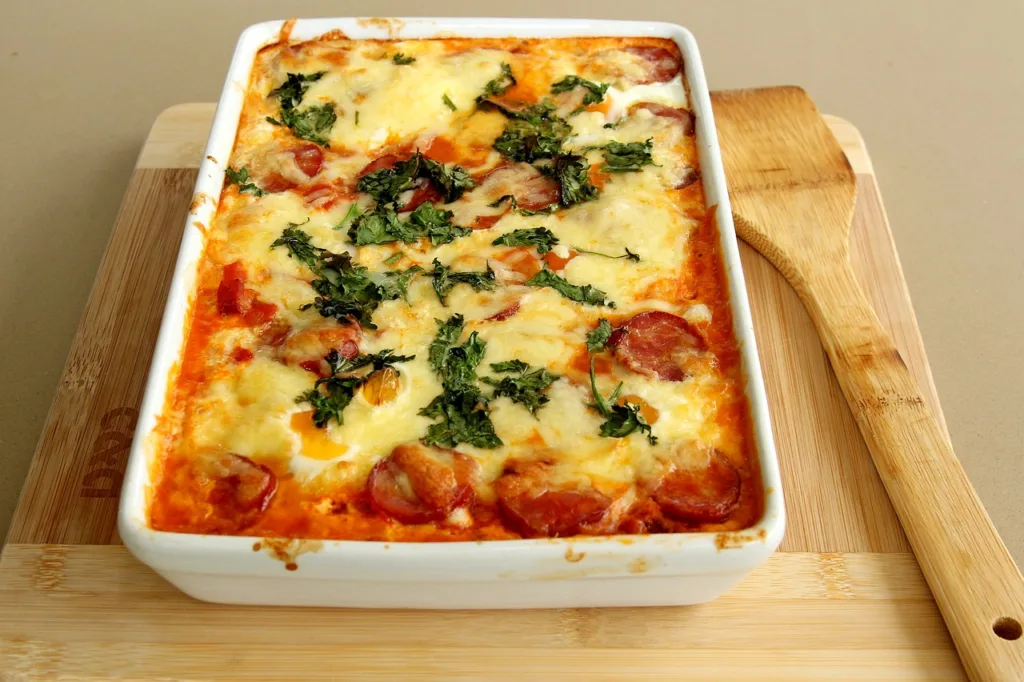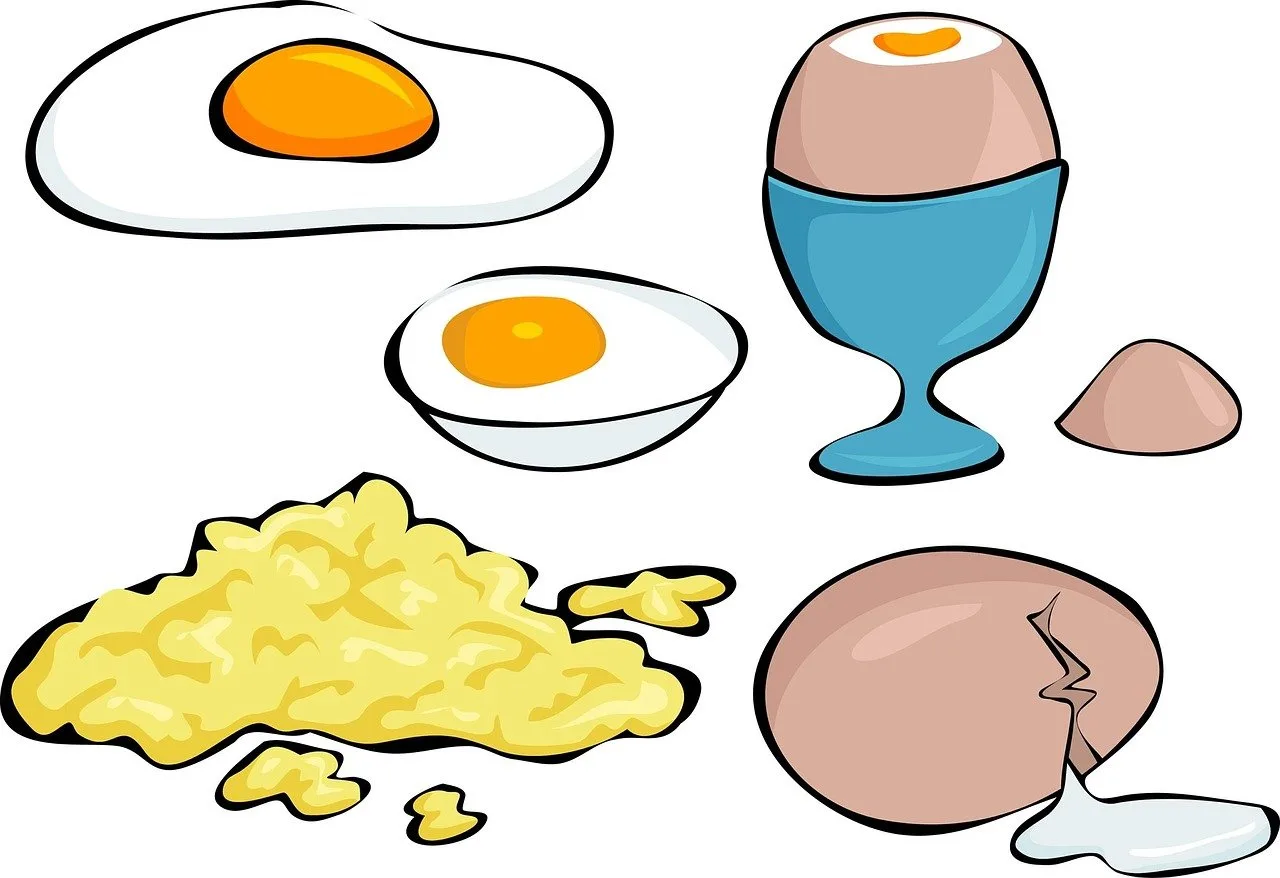Eggs are a nutrient-dense food that are low in calories but high in vitamins, minerals, and proteins that are good for the whole body. Although there has been debate regarding eggs’ cholesterol level in the past, when eaten in a well-balanced diet, they provide a number of possible health benefits. They can function as a hypotensive agent (reducing blood pressure), guard against infection, enhance skeletal muscle, and aid in weight management.

However, their nutritional composition may change depending on how they are prepared. The cooking method has little effect on the nutrition profile until additional components are added (butter for scrambled egg, for instance). However, high heat temperatures can destroy vital elements such as vitamins, minerals, and antioxidants.
Table of Contents
Healthy way to cook Eggs
Poached Eggs

One of the healthiest ways to prepare eggs is by poaching them, which maximizes their nutrients. Poached egg are briefly subjected to low heat, which preserves the egg yolks and reduces the possibility of cholesterol oxidation. Poached egg have even been connected in studies to better protein digestion.
Heat a pot of water to a rolling simmer in order to poach an egg. To get the water to spin, agitate it with a whisk. Once an egg is cracked into the water, it will take from one to three minutes to cook to your preference. A spoonful of vinegar added to the water holds the egg together without changing its flavor. Toast and roasted veggies go well with poached egg.
Boiled Eggs

There are numerous ways to boil eggs since the longer they are boiled, the firmer their texture will be. Hard-boiled egg normally take at least 10 minutes to cook and have a more firm yolk than soft-boiled egg, which usually take around 6 minutes to cook.
Boiled egg are a practical and nutrient-dense source of protein because they do not contain any fats or oils while cooking. Furthermore, boiling the yolk lowers the chance of getting Salmonella.
Eggs that have been boiled can be eaten on their own or as a part of a balanced meal or snack. They go nicely with fresh vegetables, sliced avocado, and whole-grain bread.
Scrambled Eggs

Since scrambled egg are typically cooked in a skillet over low heat, their nutritional value is maintained. The soft egg curds that are left behind are a fluffy and light way to get your fill of high-quality protein and tons of other nutrients.
Egg scrambled are a versatile base for a breakfast plate that goes well with a wide variety of dishes. For instance, adding cheese and milk to scrambled egg can raise the dish’s fat and protein level, while adding fresh veggies might improve the fiber amount.
Baked Eggs

The yolk of baked egg can be either hard or runny, depending on your taste. They generally get harder the longer they are allowed to bake. For a tasty and wholesome breakfast, baked egg can be served on top of roasted veggies or alongside cooked whole grains.
A quick and easy option to prepare a high-protein meal is with baked egg, which may be made in a muffin tin. It’s also simple to bake egg in large quantities and freeze them for later.
Advice on How to Cook and Eat Eggs
Making nutritious, health-conscious egg meals can be easy with these helpful tips:
- Select healthy eggs: Whenever feasible, choose pasture-grown egg since they generally include more antioxidants, omega-3 fatty acids, and important vitamins than egg that are raised in traditional ways.
- Pick your cooking oils carefully: To prevent fat from breaking down and oxidizing during the cooking process, look for cooking oils that can tolerate high heat levels. Because avocado and coconut oils have high smoke points, they are excellent choices for frying egg. However, before including coconut oil in your diet, see your physician if you have high cholesterol.
- Watch what you put in your eggs: egg go well with a wide variety of foods, but some are healthier than others. Select healthy toppings and products that are low in saturated fat and sodium. Adding veggies, beans, and avocado to your egg meal is a terrific way to increase its nutritional content.
- Take care not to overcook them: Don’t overcook your egg. Long-term exposure of egg to high temperatures can degrade their nutrients and reduce their nutritional value.
- To guarantee a well-balanced dinner: try serving your egg dish with a variety of food groups. To make a meal that is both nutrient-dense and supports total nutritional needs, incorporate whole grains, fruits, and vegetables. Putting diversity first is essential to preparing a wholesome, balanced diet.
Read also : These 8 food contain more protein than eggs and help in muscle growth.
Read also : Eggshell: 12 use they never need to exit


3 thoughts on “How to Cook an Eggs in the Healthiest 3 Way”